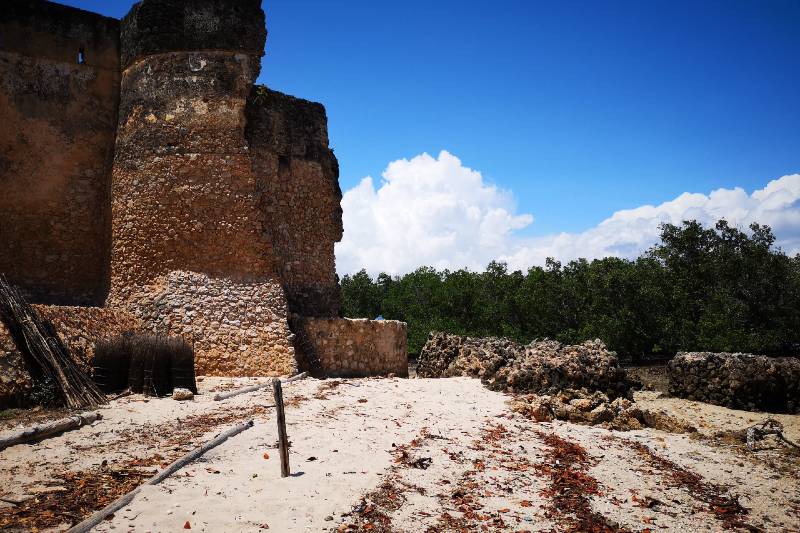CVI: Africa
The CVI project is strongly focused on local capacity building within Tanzania, Nigeria and other LMIC countries in Africa. It will create a longer-term capacity, embedding a technique and approach within the heritage community and creating long-lasting, sustainable and meaningful international collaborations and relationships.
The project will achieve this by working with partners to create a set of sustainable online training resources on climate change adaptation and cultural heritage; specifically, vulnerability assessment techniques of heritage properties which will have a wider utility within Africa and further afield. It will also publish two published reports – one from each workshop – with local stakeholders and partners and within each partner country alongside academic outputs and presenting at both World Heritage and climate change events.
AHRC/ DCMS (https://gtr.ukri.org/projects?ref=AH%2FV006568%2F1)
This project is at an early stage with no publications to date.
The project will also foster new relationships and encourage knowledge exchange by bringing together collaborators from many organisations and working with new and existing members of the Climate Heritage Network (CHN), a network of arts, culture and heritage organisations committed to aiding their communities in tackling climate change and achieving the ambitions of the Paris Agreement.
University of Highlands and Islands;
Historic Environment Scotland;
African world Heritage Fund;
International Council on Monuments and Sites (ICOMOS), Paris, France;
James Cook University, Australia;
Historic England;
Tanzanian Wildlife Management Authority;
ICOMOS Nigeria;
The Climate Heritage Network;
International National Trusts Organisation (INTO);
Union of Concerned Scientists
The project has contributed to SDG target 4.7 – Acquiring knowledge and skills needed to promote sustainable development. The project includes training focused on climate impact assessments.
The project has contributed to SDG target 11.4 - Strengthen efforts to protect and safeguard the world’s cultural and natural heritage. By highlighting the impact of climate change at these sites, and on cultural heritage in general, the project raises awareness globally about the impacts and need to protect and safeguard cultural heritage.
The project have contributed to the SDG targets 13.3 - Improving education, awareness-raising and human and institutional capacity on climate change mitigation, adaptation, impact reduction and early warning. By focusing on place-based examples in adaptation and mitigation, it promoted good practice and the importance of capacity building. It also increased awareness globally on the impacts of climate change.

